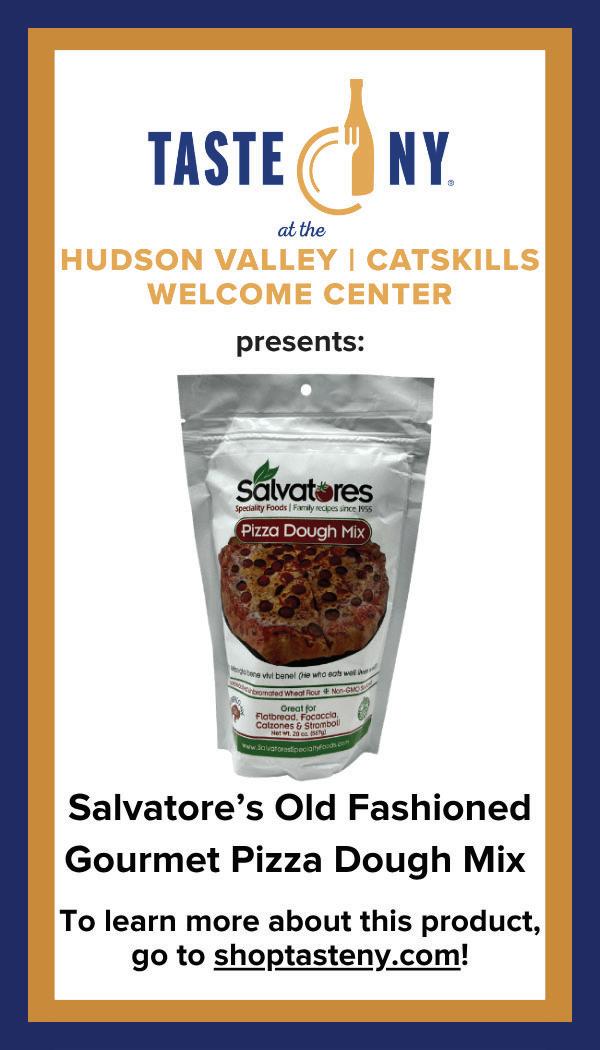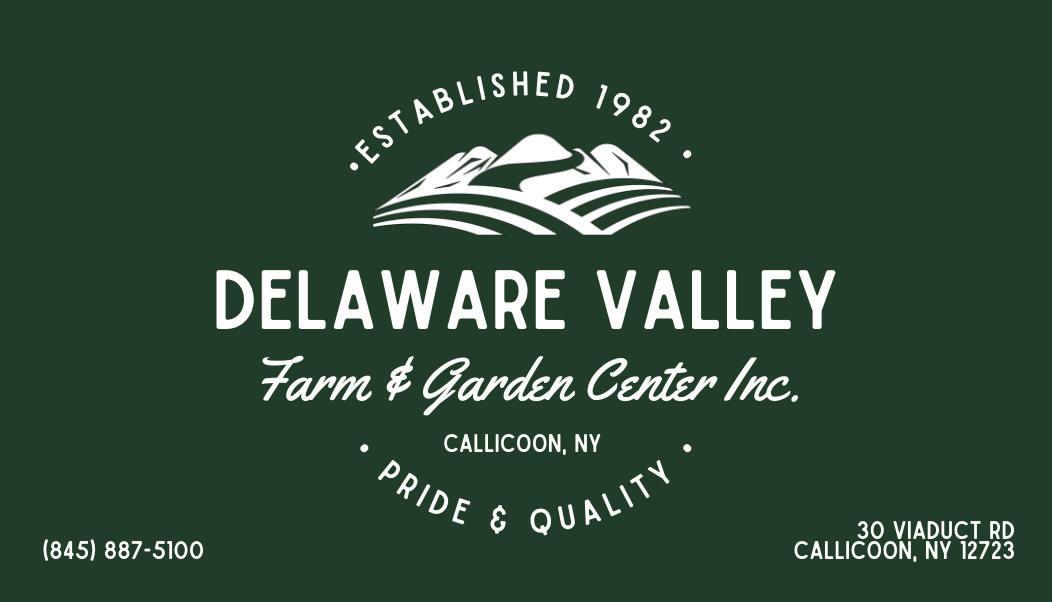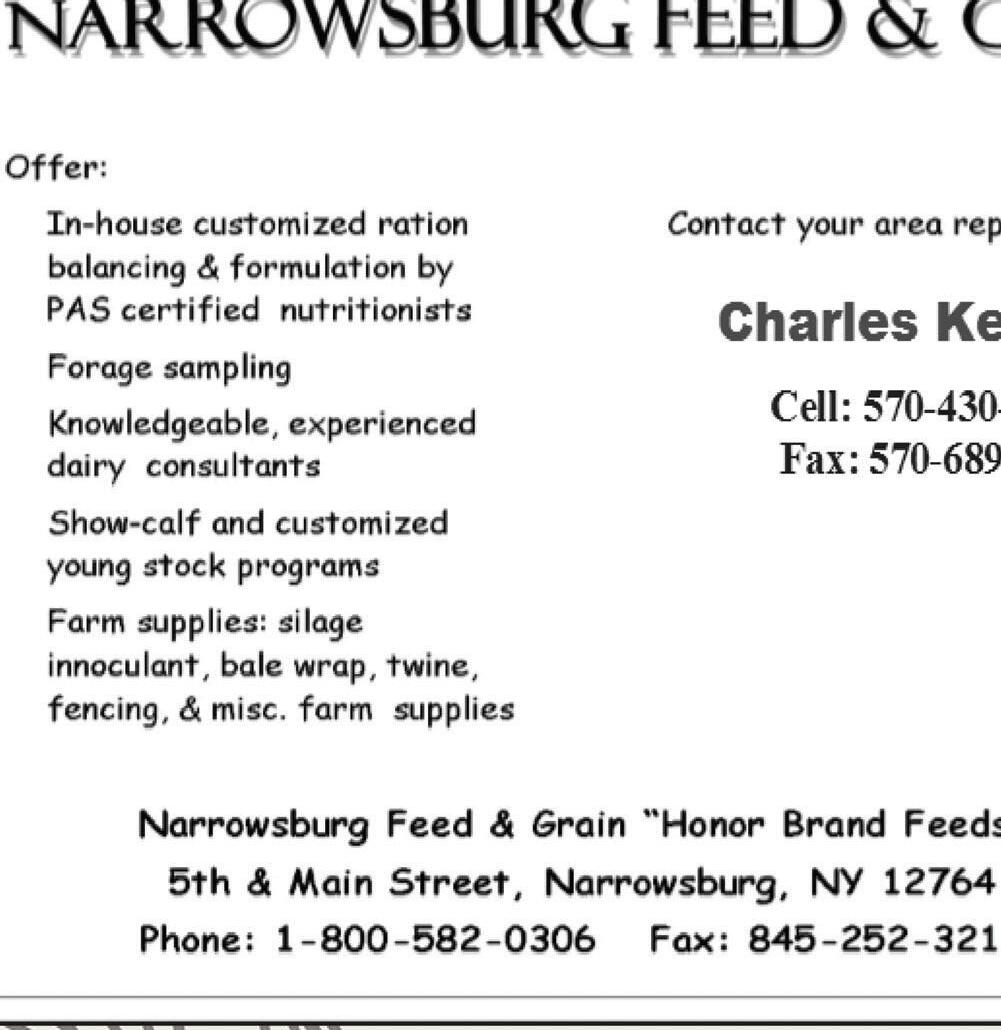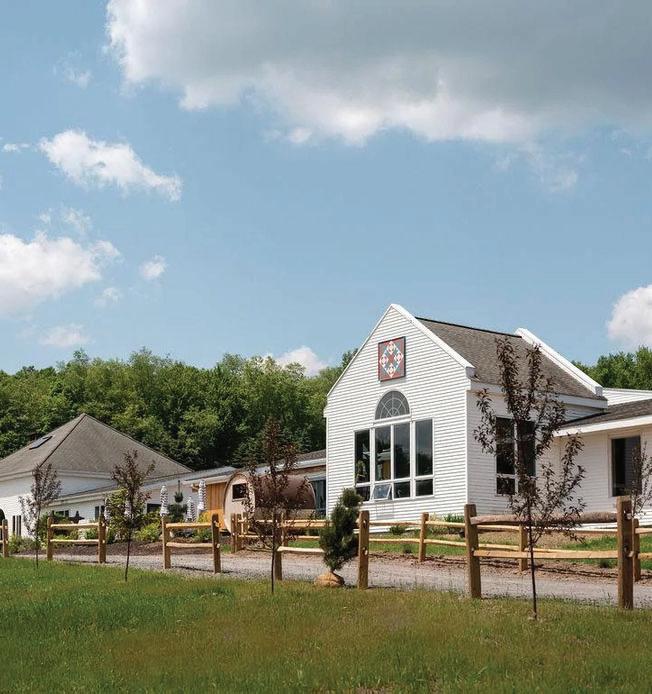

Extension Connection Sullivan County
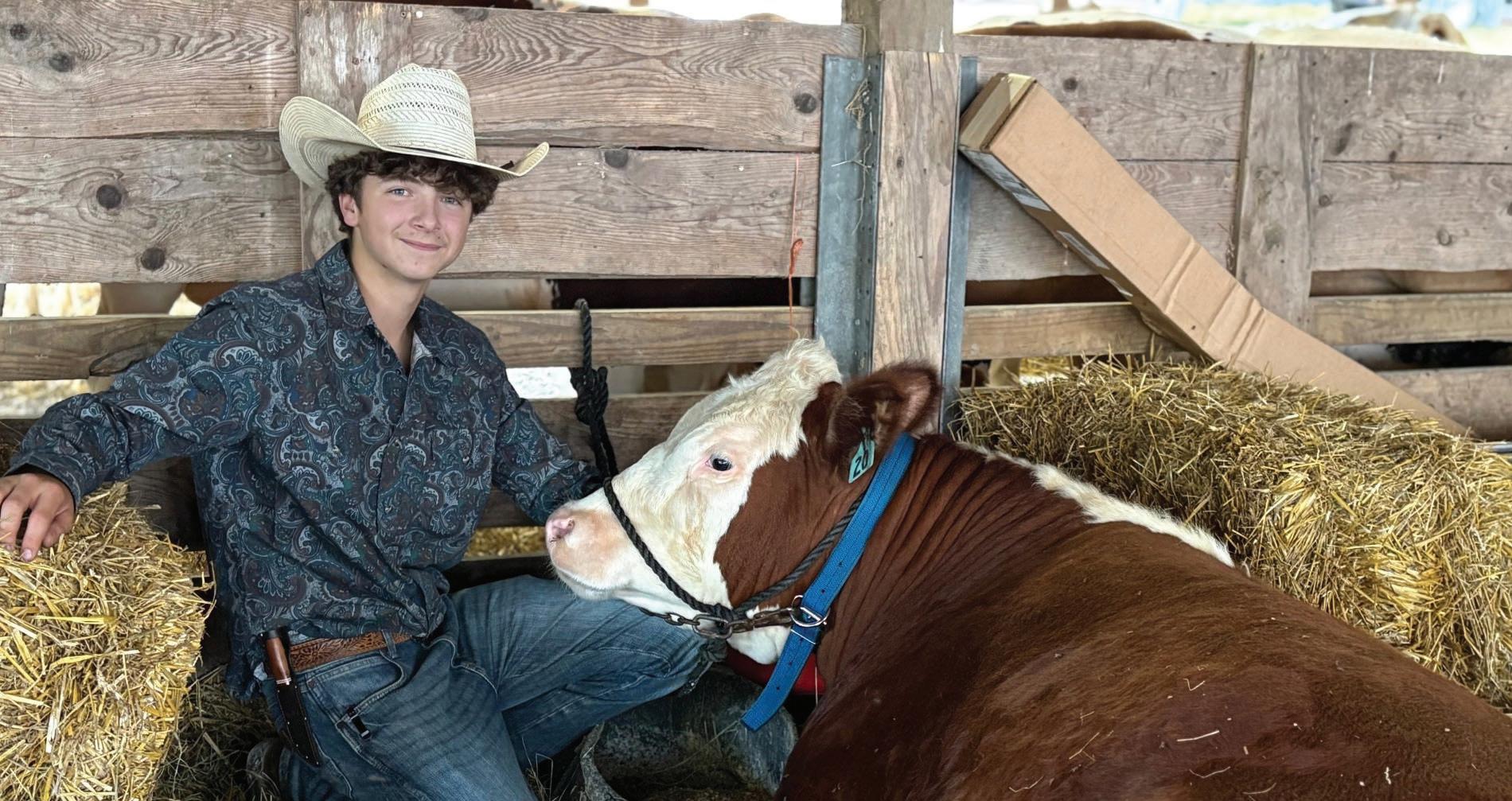

Upcoming Events & Programs
Upcoming Events & Programs
Tai Chi for Falls Prevention & Arthritis
Parkinson’s Support Group
Reduce Your Risk of Falls
Soil Health & Management at Bobolink Farm
D.I.Y. Energy Savings Sessions
Wellness Initiative for Senior Education (WISE)
Bone Builders Fall 2025
111th Annual Meeting
See more events and opportunities on sullivancce.org/events.
Follow us on Facebook and Instagram!

July 2025 DHIA Report


Protecting Your Agritourism Operation: Liability and Insurance
Planning for Fall Bulbs
WISE Program Reaches 21 Seniors
Customer Service for Your Agritourism Operation
Small Towns and Rural Communities: Activity-Friendly Routes to Everyday Destinations

We had a great time with our 4-H youth at the Grahamsville Little World’s Fair! Check out our favorite moments on p. 14!


Max Blumental and his beef cow posing for the camera at the 2025 Grahamsville Fair!
Welcome to the Issue!
Page 3 Letter from our Executive Director
Page 4 Protecting Your Agritourism Operation: Liability and Insurance
Page 6 Customer Service for Your Agritourism Operation
Page 7 July 2025 DHIA Report

Page 8 General Energy Efficiency for all Types of Farms
Page 12 CCE Spotlights
Page 14 Fast Facts!
Page 16 CCE Spotlights
Page 18 Small Towns and Rural Communities: Activity-Friendly Routes to Everyday Destinations

Page 20 Planning for Fall Bulbs
Page 21 Soil Health and Management at Bobolink Farm
Page 22 WISE Program Reaches 21 Seniors
Page 24 111th Annual Meeting

NotifyCCESullivan if you have
Notify CCE Sullivan if you have a change of address: 845-292-6180
sullivan@cornell.edu
OFFICE HOURS
Hours: Mon - Fri | 8:30 am to 4:30 pm
Phone: 845-292-6180
E-mail: sullivan@cornell.edu
Website: www.sullivancce.org Facebook.com/ccesullivanagfood Instagram.com/ccesullivan
YouTube: bitly.com/ccesullivan
BOARD OF DIRECTORS
Dawn Parsons.......................President
Alex Alorro...................Vice President
Robert Kaplan.......................Secretary
John Garigliano.....................Treasurer
Brian McPhillips...........Legislative Rep.
Patricia Claiborne.............Cornell Rep.
Amanda Langseder
Erika Malmgreen
Steve Marton
Mark McLewin
Laura Quigley
Gary Silver
Gary Silverman
Nicole Slevin Nikolados
Diana Weiner
PROGRAM COMMITTEE
Heather Brown
Roberta Chambers
Nu El
Courtney Hanback
Carmela Hugel
Cathi Paci
Carol Roig
Stephen Stuart
Eugene Thalmann
Deborah Worden
EXTENSION CONNECTION
Produced by: Cornell Cooperative Extension Sullivan County Edited by: Aaron Denman & Colleen Monaghan Cornell Cooperative Extension Sullivan County provides equal program and employment opportunities.
NOTICE: Official endorsement of advertisers and their products is not intended by the acceptance of their sponsorships for the Extension Connection.
STAFF MEMBERS
Colleen Monaghan..............................................................................Executive Director
Monica Ponce-Agredano ...............................................................Ag. Program Assistant
Tracy Broyles...............................................................................SALT Program Manager
Alan Carroll...................................................................Food Systems Program Manager
Luciana Carvo...........................................................................Ag. Program Coordinator
Lynn Colavito..............................................Community Cupboard Program Coordinator
Martin Colavito...........................................................Prevention Programs Issue Leader
Haley Collins...................Agriculture Farmland Protection & Planning Program Manager
Wanda V. Cruz...............................................Healthy Communities Program Coordinator
Aaron Denman.........................................................Association Operations Coordinator
Eugene Doyle...................................................................................................Custodian
Drew Fuller............................................................................. CPIP Program Coordinator
Katie Gasior........................................................................Horticulture Subject Educator
Jenna Gangel..........................................................................Shop Taste NY Coordinator
Joy Leon.................................................................Nutrition & Physical Activity Educator
Kim McDonnell..................................................................................Taste NY Assistant Manager
Nancy McGraw.......................................................Educator, Caregiver Resource Center
Melinda Meddaugh.......................................................Ag & Food Systems Issue Leader
Barbara Moran................................................4-H Youth Development Program Manager
Patricia Ocasio...................................................................Prevention Program Coordinator
Shanice Owens..............................................Community Cupboard Program Coordinator
Abyssinia Pla El...................................................................................Finance Coordinator
Michelle Proscia..............................................Agriculture Production Program Manager
Ann-Marie Sidtis......................................................................FOR Program Coordinator
Tara VanHorn.........................................................................................Finance Manager
Malinda Ware................................................................Statewide Engagement Specialist
John Wilcox..........................................................................................Facilities Manager
Veronica Yangis.........................................................................Taste NY Operations Coordinator
Kayla Evans, Ashley Masopust................................................................Ag Market Coordinators





































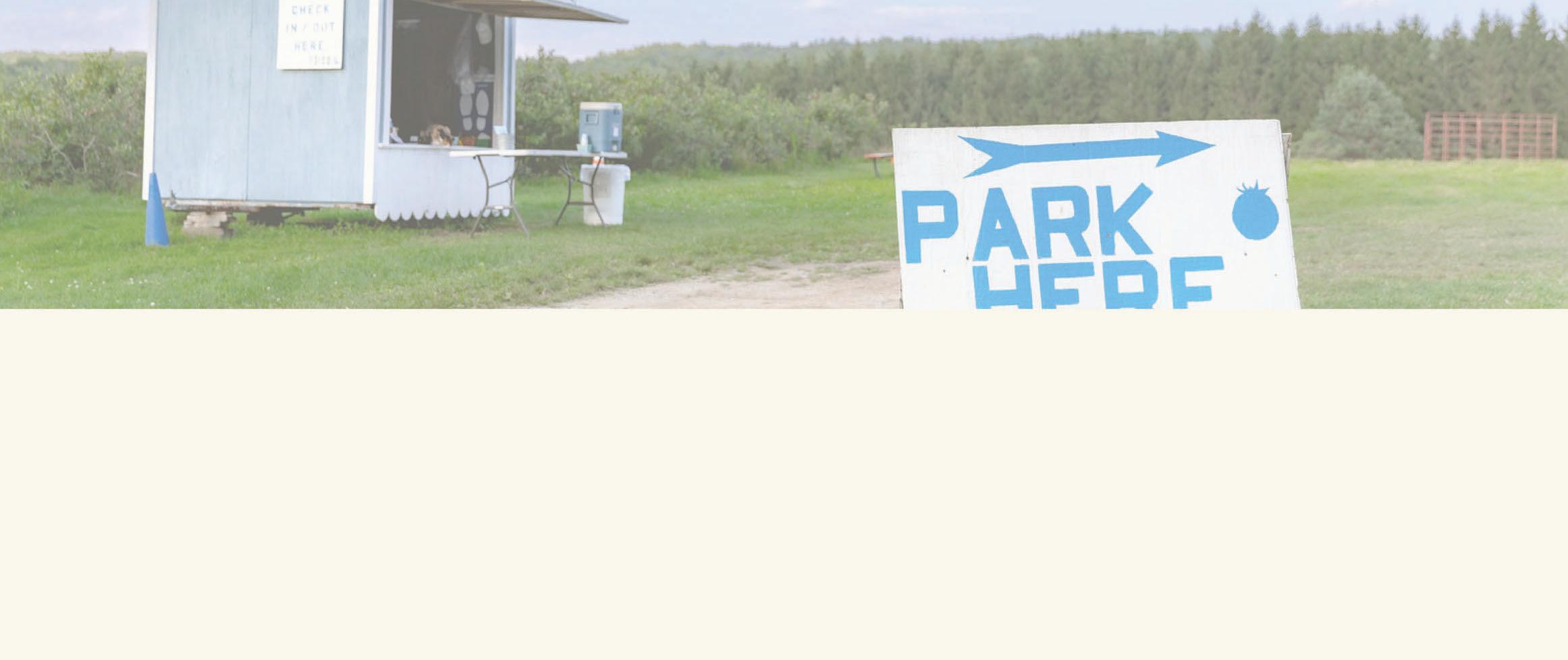




DHI Report: July 2025










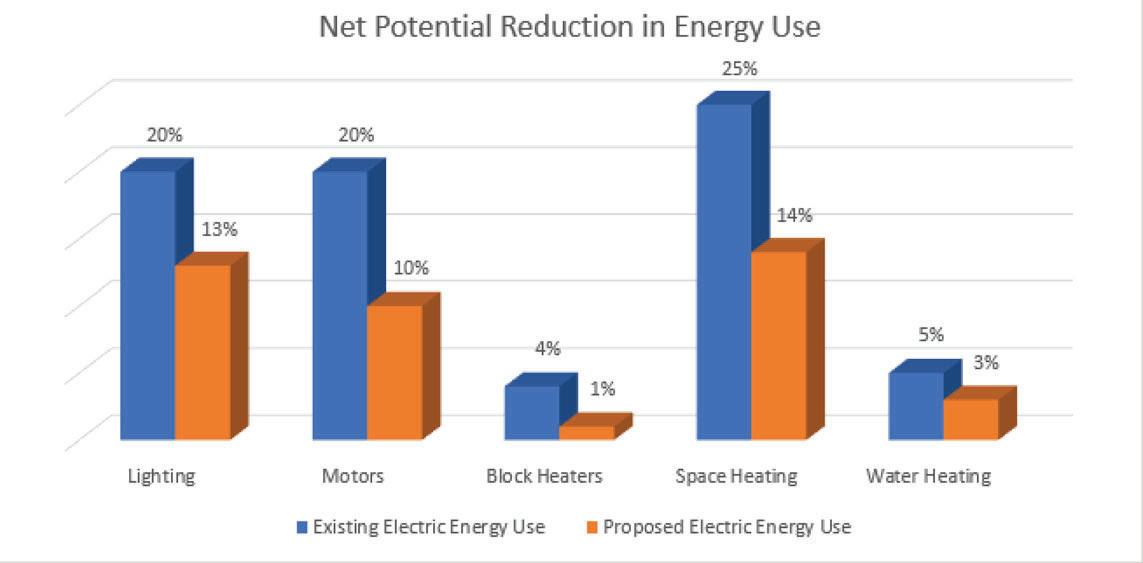

CCE Sullivan Spotlights





INTRODUCTING TESS ISABEL MOLINA BAYLY, SULLIVAN




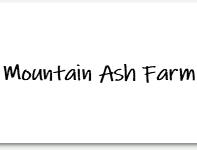

Tess Isabel is the Sullivan Fresh Coordinator at Cornell Cooperative Extension Sullivan County. Currently a student at Buffalo state graduating with a math degree with a minor in drawing, they have chosen to spend the summer break working at the farmers markets to help make healthy food more accessible for local





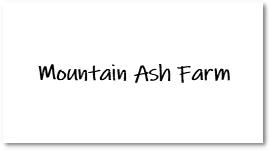
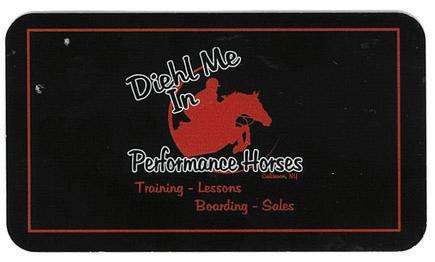
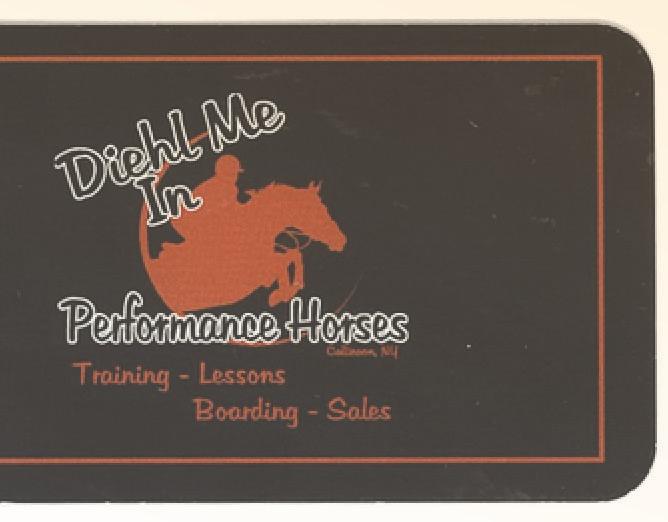


When not at work they will be found altering clothes, painting, reading or taking hikes around the forest.

























CCE Sullivan Spotlights

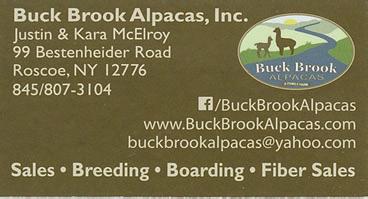











































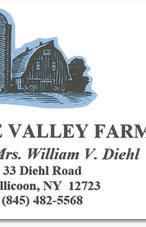
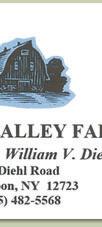

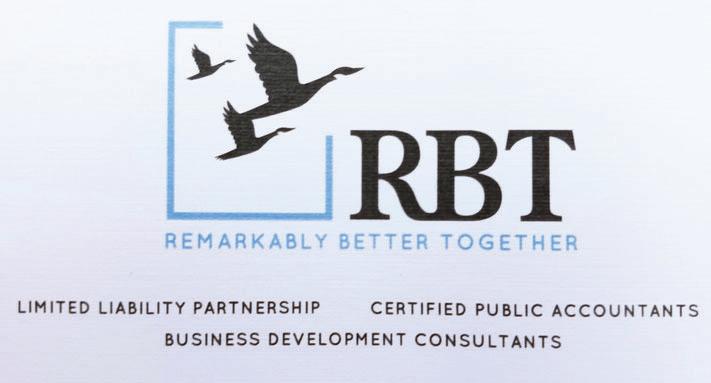
September Focus: Fast Facts, Cool Tools, & News to Use



















Check out our favorite fair memories!







































Thank you to everyone who came to support our 4-H youth at the Grahamsville Little World’s Fair!


























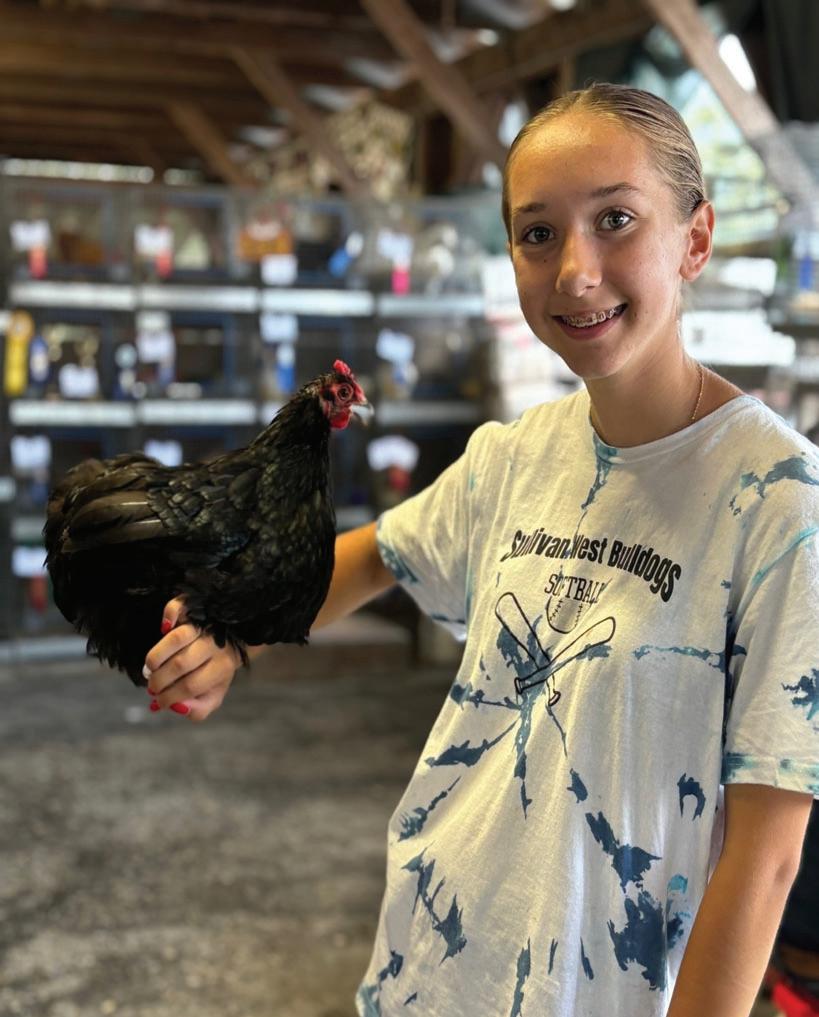
















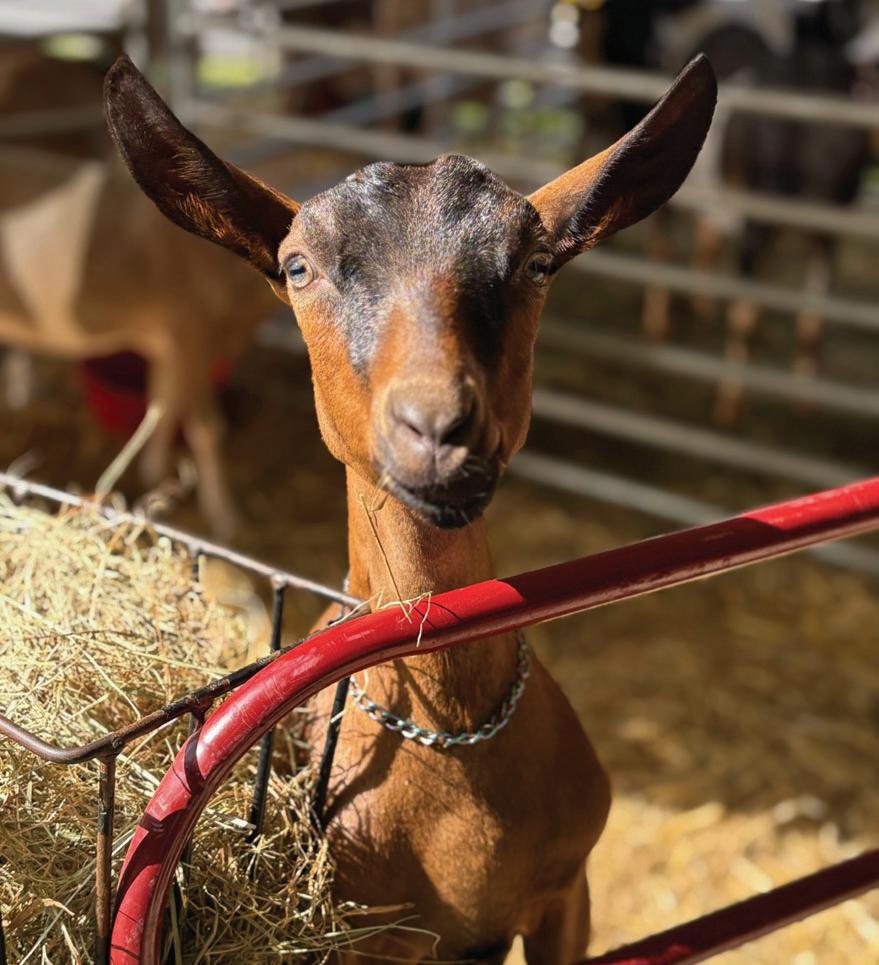



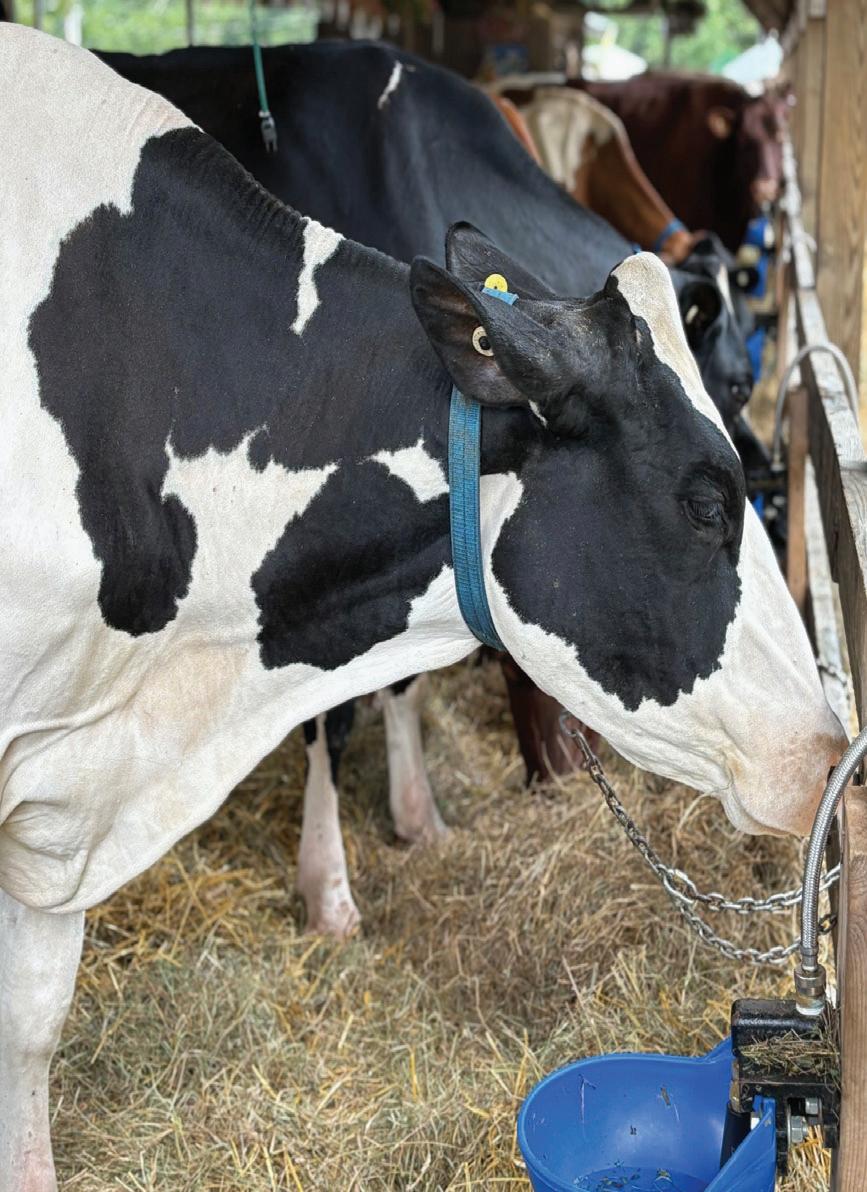

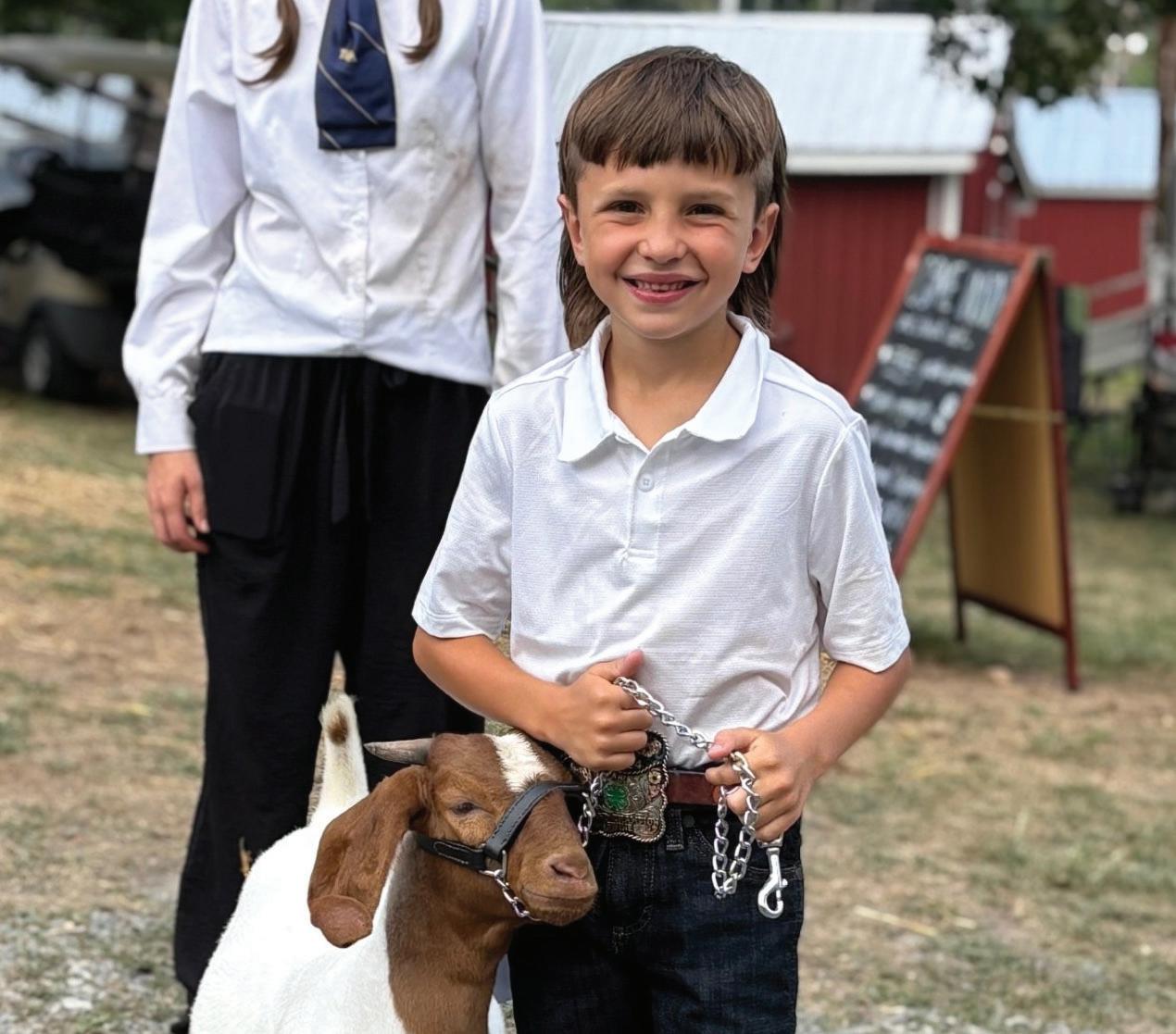

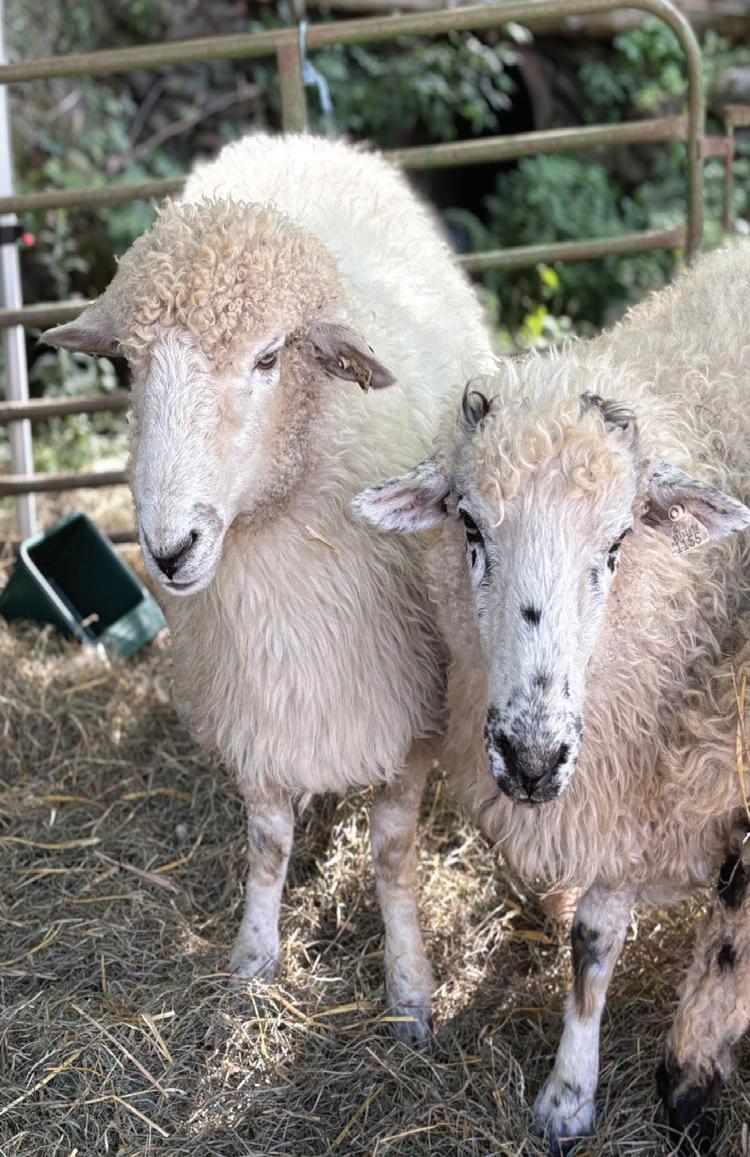

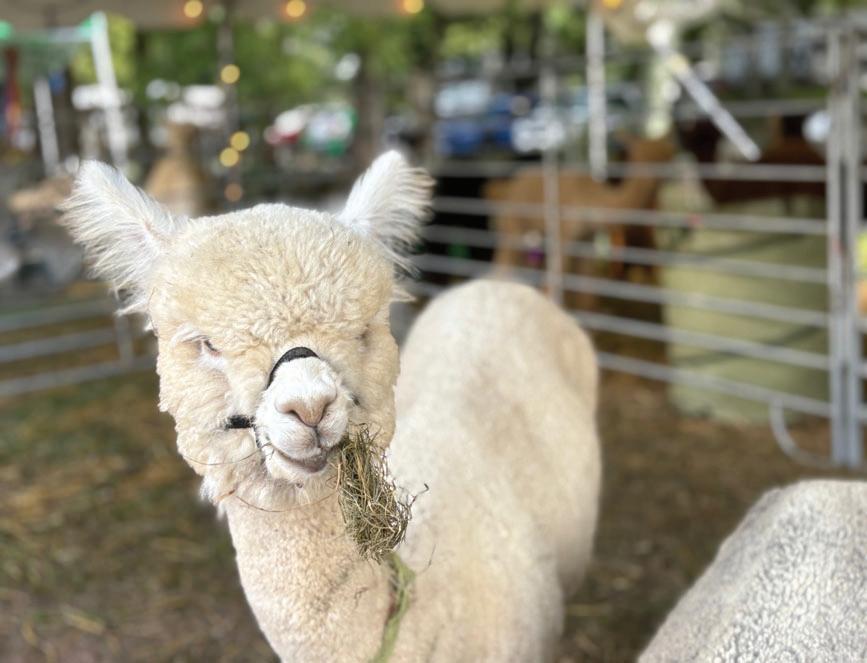
CCE Sullivan Spotlights
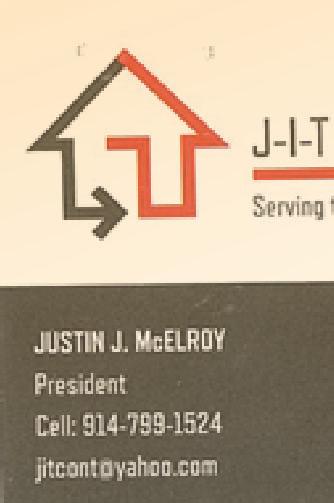























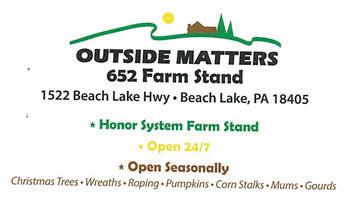





CCE Sullivan Spotlights
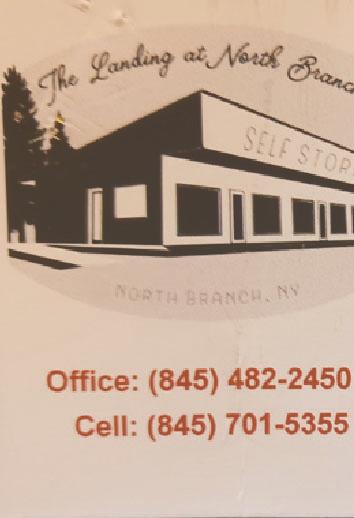










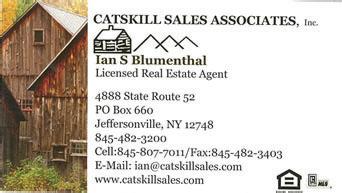






















Small Towns and Rural Communities
Activity-Friendly Routes to Everyday Destinations
What are activity-friendly routes to everyday destinations?
Activity-friendly routes to everyday destinations are connections that let people safely and easily walk, bike, or move actively using an assistive device to reach key locations, such as homes, parks, libraries, community, but can include sidewalks, bike lanes, crosswalks, or access to transit stops.
Learn more about activity-friendly routes to everyday destinations at: https://www.cdc.gov/physicalactivity/activepeoplehealthynation/index.html
A common misconception about activity-friendly routes to everyday destinations and other initiatives to support walking, biking, and moving actively is that these initiatives only work in big cities and suburban areas. The truth is, activity-friendly routes to everyday destinations play an important role in rural communities: they connect all of the amenities that make rural places unique. Whether it be a shared-use path to a worksite, a bus stop to a park, or an attractive alley to the town square, activity-friendly routes can
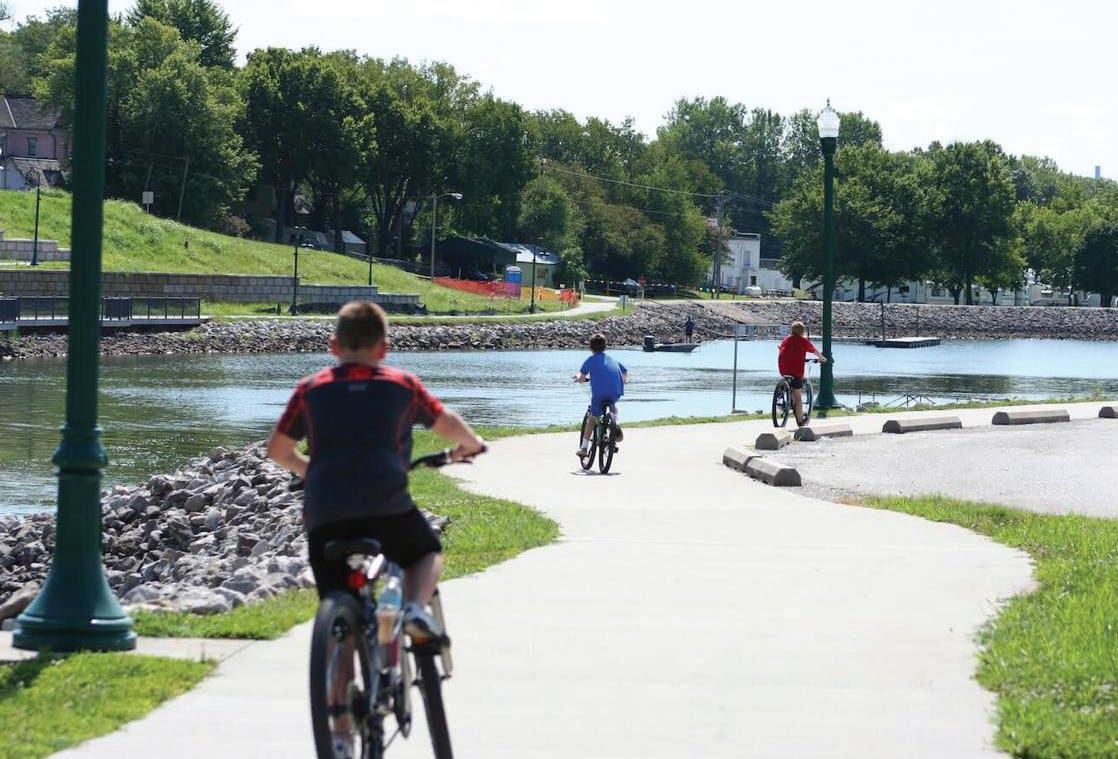
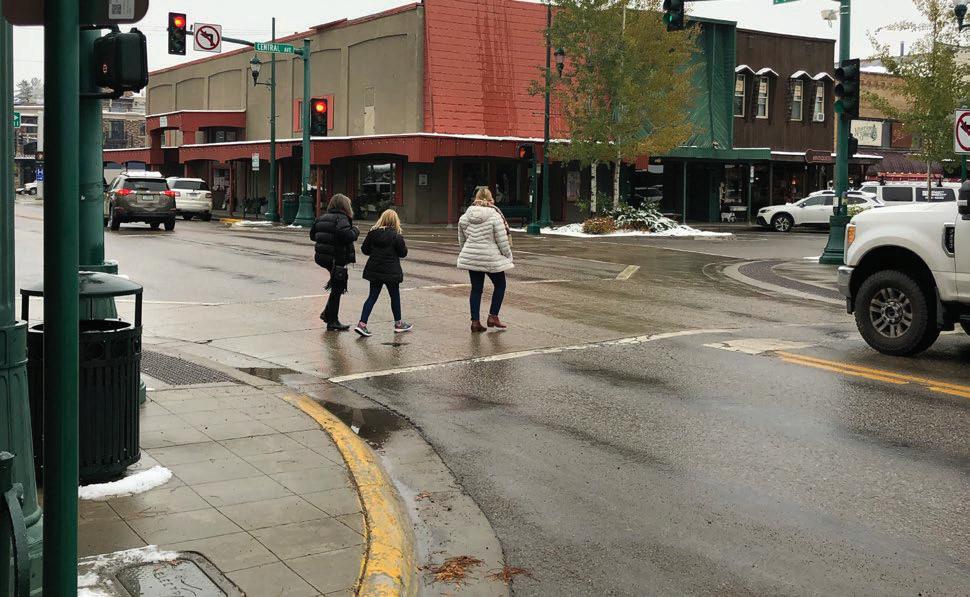
of activity-friendly routes to everyday destinations. For example, Warsaw, Missouri gradually built an extensive mixed-use trail network to connect its downtown to various parks and amenities along its historic riverfront. As a result, Warsaw attracted over $4.5 million in private investment and increased tourism revenues, as well as improved health and quality of life for many of its 2,100 residents.1
Similarly, secured a federal TIGER grant (now known as BUILD) to convert its main street, which is also designated as a state highway, into a safer, more comfortable place for people walking, biking, and moving actively with assistive devices. With street to better balance the needs of people working, shopping, and moving actively in the community with 2
Photo: City of Warsaw, MO
The need for activity-friendly routes in rural communities3
Activity-friendly routes save lives by preventing through safer, slower street design that balances the needs of all people
disproportionate number of people in rural areas:

Activity-friendly routes to everyday destinations are also safer and healthier for older adults. They increase independence, reduce isolation, and dramatically improve quality of life for these individuals, who make up a larger portion of the rural population:
17 percent of the rural population is age 65 or over, compared to 13 percent of the population in urban areas.
Only19 percent of the U.S. population lives in rural areas... ...but 49 percent occur in rural areas.




Another common misconception about activity-friendly routes to everyday destinations is that they are too expensive for rural communities, or that there are no funding sources available to support them. However, the reality is activity-friendly route projects such as Complete Streets cost about a third as much to build compared to typical car-oriented transportation projects.4 If Complete Streets are implemented during routine repavement projects, the cost is even smaller.
Small towns and rural areas are eligible for federal funding through rural set-asides, usually distributed by the state department of transportation or a rural planning organization. This includes programs such as the Federal Transit Administration’s Rural Transportation Assistance Program (RTAP), which distributes funds to support rural projects in states’ transportation improvement plans.5
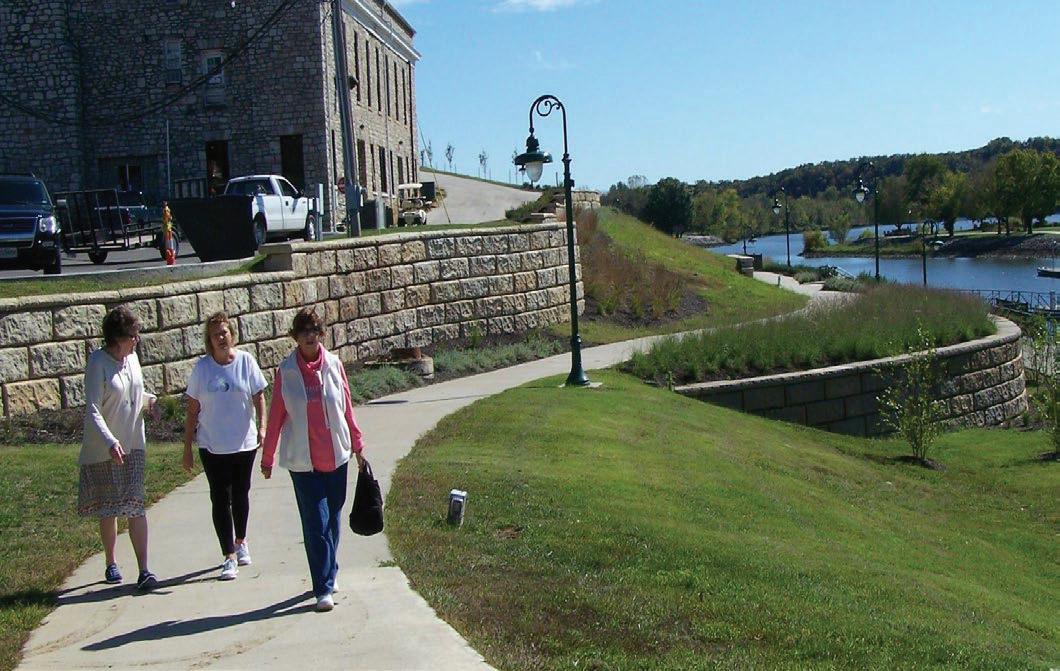
o Photo: City of Warsaw, MO
CALL TO ACTION
Look for opportunities to implement Complete Streets and activity-friendly routes to everyday destinations as part of ongoing projects, beginning with connections to downtown and natural areas and gradually expanding the network. Work with state departments of transportation to seek partnerships and funding through federal rural set-asides.
1. National Complete Streets Coalition (2018) The Best Complete Streets Initiatives of 2017. Available from: https://smartgrowthamerica.org/resources/best-complete-streets-initiatives-2017/.
2. U.S. Department of Transportation (2020) All Awarded Projects 2009-2019. Available from: https://www.transportation.gov/content/awarded-projects-2009-2019.
3. American Public Transportation Association (2017) Public Transit’s Impact on Rural and Small Towns: A Vital Mobility Link. Available from: https://www.apta.com/wp-content/uploads/Resources/ resources/reportsandpublications/Documents/APTA-Rural-Transit-2017.pdf.
4. Smart Growth America (2015) Safer Streets, Stronger Economies: Complete Streets Project Outcomes from Across the Country. Available from: https://smartgrowthamerica.org/resources/ evaluating-complete-streets-projects-a-guide-for-practitioners/.
5. Federal Transit Administration (2020) Formula Grants for Rural Areas - 5311. Available from: https://www.transit.dot.gov/rural-formula-grants-5311. Icon courtesy of OliM of the Noun project.
PLANNING FOR FALL BULBS!
Written and submitted by Katie Gasior, Horticulture Subject Educator
As the crisp air of autumn settles over New York’s Zone 6 gardens, the growing season may feel like it’s coming to an end—but we are approaching the time to start planning your spring bulbs. By getting them into the ground before winter, you’re setting the stage for a burst of new life in your garden when the snow finally melts- a long-awaited show of color after a lengthy cold winter.
We plant bulbs in the fall because spring-blooming bulbs such as tulips, daffodils, crocuses, garlic, ornamental allium, and hyacinths need a period of cold dormancy to trigger flowering or growth. In Zone 6, where winters are reliably cold, planting bulbs in fall gives them the necessary chilling period. The ideal planting window is from mid October – early November —after the soil has cooled to around 50°F but before it freezes, so now is a good time to start plans! When choosing bulbs, look for healthy, firm bulbs with no signs of mold or softness. Popular choices for our planting zone (6) are:
Tulips: Wide range of colors and bloom times.
Daffodils (Narcissus): Hardy, deer-resistant, and multiply over time.
Crocuses: Early bloomers that signal winter’s end.

Hyacinths: Fragrant and vibrant, perfect for borders or containers.
For an extended display, select varieties that bloom early, mid, and late in the spring season. When planting – make sure to choose the right spot! Most bulbs prefer full sun to partial shade and well-draining soil. Avoid areas where water pools in the spring. Make sure you plant at the Correct DepthA general rule is to plant bulbs at a depth about twothree times their height. For example, a 2-inch tulip bulb should be planted about 6 inches deep. Place bulbs with the pointed end facing upward and the flat, root side down. Give each bulb enough room—about 3–6 inches apart, depending on size—to grow without crowding. After planting, water well to settle the soil and help roots start forming
before the ground freezes. Squirrels and chipmunks can be notorious bulb thieves. Cover freshly planted areas with chicken wire or a layer of mulch to deter digging. Mulch also helps regulate soil temperature and moisture. Another fall bulb I’ve found great joy and success in planting are garlic bulbs! Due to its strong smell and taste – and the compound allicin, garlic is pretty pestproof. Come spring, you can harvest the scapes for pesto, and clipping these helps the plant focus on bigger bulbs as well.
Stay tuned for an upcoming workshop at the end of October here at CCE Sullivan if you’d like some hands-on experience with fall bulb planting! Check out our events page for updates.









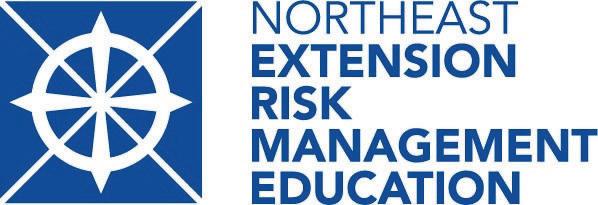










WISE PROGRAM REACHES 21 SENIORS
Written and submitted by Nancy McGraw, Team Leader & Caregiver Resource Center Educator, and Martin Colavito, Prevention Programs Issue Leader
The Wellness Initiative for Senior Education (WISE) Program celebrates healthy aging and educates older adults on a variety of topics. This free program is open to anyone 60 or older.
Two 6-week programs have been completed this year, and a third series will be starting in September. The educational program offers six lessons that cover a wide range of topics. To date, twenty-one seniors have benefited from this program
delivered by CCE Sullivan staff Nancy McGraw and Martin Colavito, through collaboration between the Caregiver Resource Center and SALT program (Sullivan Allies Leading Together).
Participants have an opportunity to meet new people and:
• Learn about the aging process and how to make healthy lifestyle choices
• Celebrate this exciting stage of life and all the benefits that come with it
• Discuss risk factors and behaviors older adults should avoid to stay healthy
• Examine how alcohol, prescription medications and over-the-counter medications affect seniors differently and how they can avoid
problems
• Learn how to use simple tools to help feel more empowered about your health and the healthcare you receive
The WISE program is a collaboration between the Caregiver Resource Center and SALT at CCE Sullivan and is supported in part by grant funding from New York State, Department of Health and Human Services (HHS), and Substance Abuse and Mental Health Services Administration (SAMHSA).

